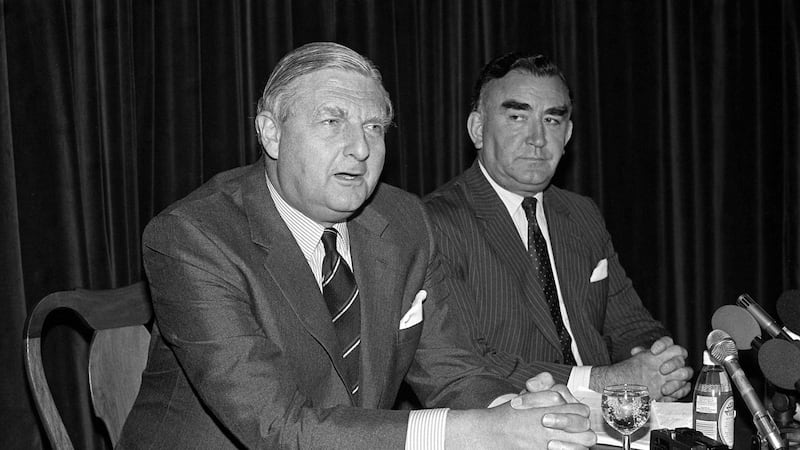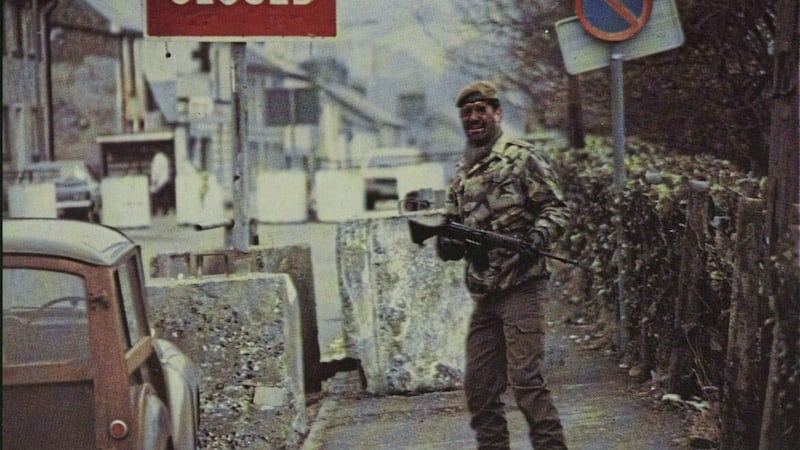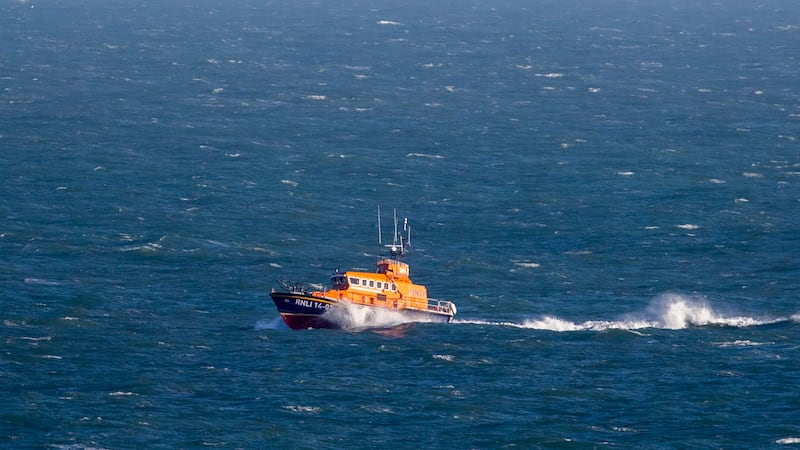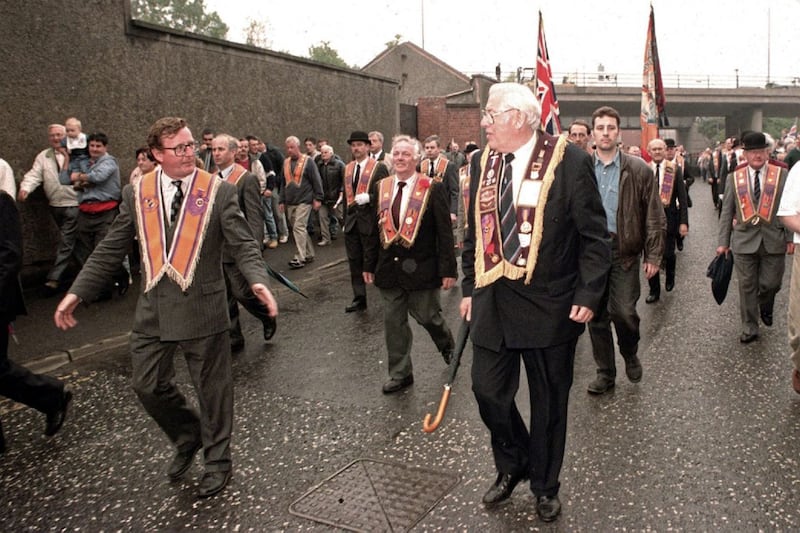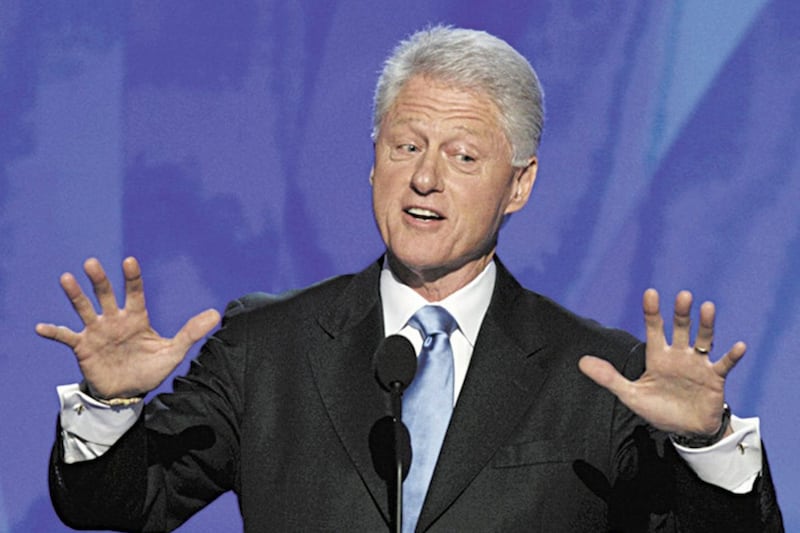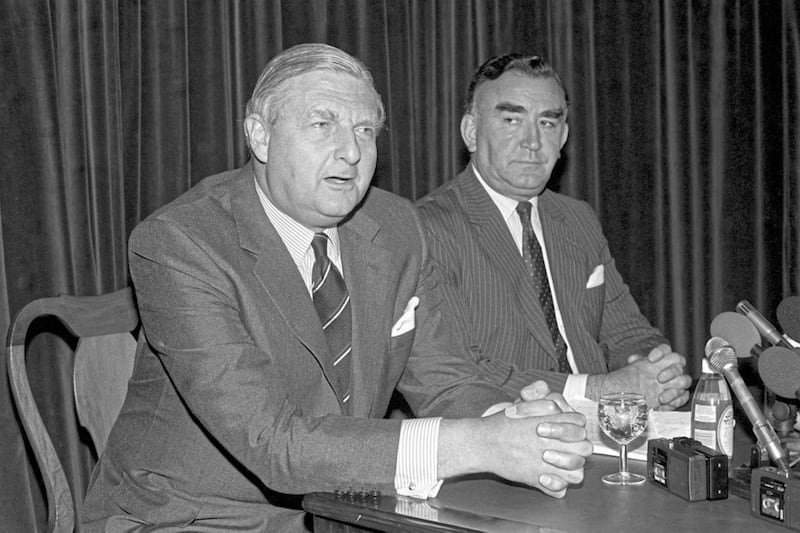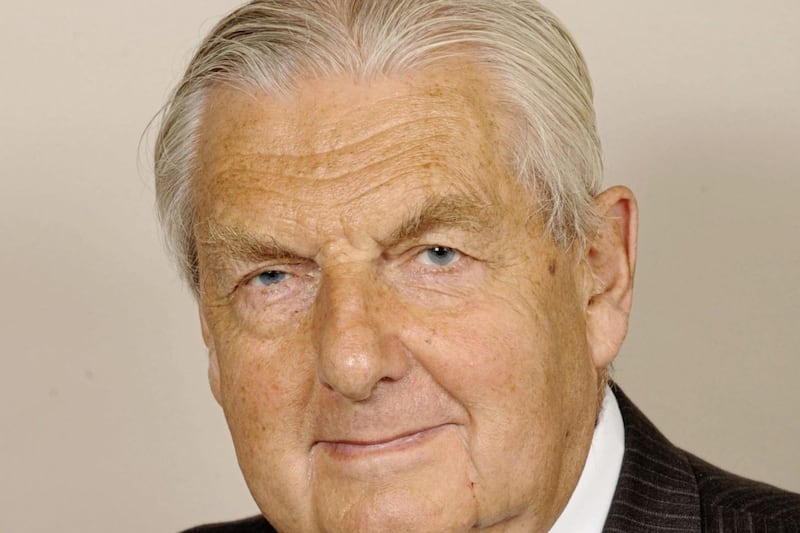THE former Tory secretary of state who oversaw Britain's secret negotiations with the IRA ahead of the 1994 ceasefire and declared that Britain had no "selfish strategic or economic interest" in remaining in the north has died.
Lord Patrick Mayhew, who served as MP for Tunbridge Wells for 23 years until 1997, had lived with cancer and Parkinson's disease for several years, his family said. He died peacefully at his home in Kent on Saturday, aged 86.
Secretary of state Theresa Villiers said her predecessor said he carried out his role with "great distinction".
"In particular he will be remembered for his role in the Downing Street Declaration which laid the foundations for the Northern Ireland peace process and the long, painstaking negotiations that helped pave the way for the 1998 Belfast Agreement," she said.
"Lord Mayhew was a man of absolute integrity, devoted to the rule of law and a true gentleman in politics. He will be greatly missed."
A former army officer and attorney general, the father-of-four was the longest serving secretary of state, holding the post from 1992-1997.
While instrumental in the peace process, Mayhew often faced criticism from both unionists and nationalists.
He was behind the decision not to prosecute RUC officers implicated in John Stalker's probe into the British government's shoot-to-kill policy, while he also banned the UDA and said Orangemen who held up five fingers as they passed the scene of the Sean Graham bookies' massacre on Belfast's Ormeau Road "would have disgraced a tribe of cannibals let alone Protestants marching under the flag of the United Kingdom".
Lord Mayhew famously declared in 1990 that Britain had no "selfish strategic or economic interest" in remaining in Northern Ireland, a statement whose wording was key in the embryonic peace process.
He was a key figure in the December 1993 Downing Street Declaration, formulated by then prime minister John Major and then taoiseach Albert Reynolds, which led to the IRA ceasefire the following September.
Regarding himself as being on the "liberal" wing of the Conservative Party, Oxford-educated Lord Mayhew was he was appointed employment under secretary by Margaret Thatcher in 1979, followed by a period as minister of state at the Home Office.
After the 1983 general election, he was appointed solicitor-general but during critical periods, Sir Patrick, as he had become, had to act as attorney-general while Sir Michael Havers was ill.
Lord Mayhew was granted his long-held wish to be Northern Ireland secretary by John Major in 1992, where he garnered a reputation as a disdainful, high-handed and haughty man, remaining typically unemotional and steadfast through some of the most difficult and bloody years of the Troubles.
Early in his tenure at the NIO it emerged that there had been secret contacts between the British government and the IRA, prompting Mayhew to publish a lengthy dossier of the written exchanges.
Mayhew was normally impeccably diplomatic, but there was one rare and uncharacteristic gaffe for which he had to apologise publicly and profusely.
He was with the prime minister in June 1993, awaiting the start of a performance in Northern Ireland of Donizetti's Lucia di Lammermoor. When a reporter questioned him about a grenade attack that day in Belfast which had injured nearly 30 people, he quipped: "No, nobody dead. At the end of this opera, everybody's dead."
Mayhew said later that he much regretted any distress he had caused by this remark.
Irish News columnist Brian Feeney said Lord Mayhew epitomised the stereotypical image of a aloof and arrogant upper class Englishman but his character served him well.
"He was controversial and often condescending but pragmatic and determined – he took a lot of flack from people, including me," he said.
"But he was operating at higher level than most, such as his endorsement of secret talks with the IRA where he took risks for peace in the face of hysterical rage from unionists."
